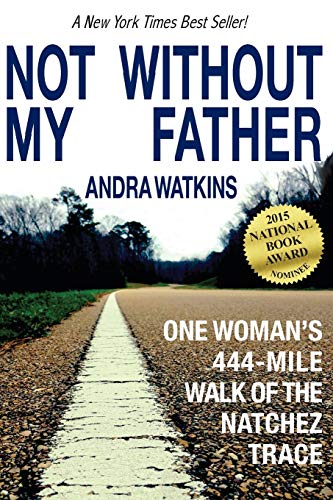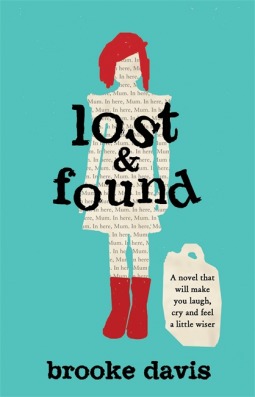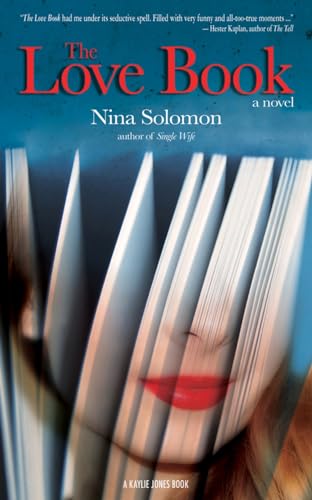Evelyn Shiner is breaking up with her musician boyfriend because their future together is petty and small. She actually knows this, having gone to an envisionist and watched a scene from their future together where they sing happy birthday to a Chihuahua and argue over cheese. This is not the romantic future she wants and so she must say goodbye to Adrian. Her obsession then becomes, who should she be with? And it's only by continuing to see her envisionist, Dr. Chin, that that question can be answered satisfactorily. Godfrey Burkes has proposed to his girlfriend Madge but she's unwilling to give him an answer or wear his ring until they consult an envisionist about their future together. So Godfrey, despite many reservations, goes to visit Dr. Chin to see how his life with Madge will turn out. While in line, he helps Evelyn briefly and in that moment, she somehow becomes imprinted on his unconscious and the two of them are permanently linked.
Told in first person with chapters alternating between Evelyn's story and Godfrey's story, the novel is a technological fantasy, a romance, an examination of the pitfalls of knowing the future, and a charming look at what we are all searching for: happiness, contentment, companionship, and true love. Evelyn is a librarian who loves her job. She is a "ghost child," a child only conceived after the tragic death of her older sister and she's always felt that she could never live up to this golden child who came before her in her parents' eyes; she's never felt fully loved or valued. So she's becoming just a little bit addicted to envisioning her future, looking for her happily ever after. Evelyn is such a romantic and so wants to believe in the happily ever after that, even as a volunteer reader recording books for the blind, she is changing the endings of classic books. Gatsby doesn't die. Nor does Anna Karenina. Everyone gets a happy ending. Godfrey is a bit of a forgetful bumbler, forever leaving his cell phone and his wallet behind. He is trying hard to make his life with Madge work, not only going to the envisionist she wants him to consult but also to another professional to try and change the pitiful future they see into one in which they are happy together. He worries about his inborn nature, having cast his biological father in the role of a womanizing animal and fearing that he has inherited this tendency to polygamy and thoughtlessness. As he worries about what unpleasant traits he might have inherited and tries each and every thing that Madge requests of him to save their future together, he also can't stop seeing an unknown woman whenever he looks to that future, a woman who turns out to be Evelyn.
Both characters are very likable and watching them navigate their lives and try to find their way to a deserved happiness is delightful. Each of them is completely vulnerable but still open and hopeful. The technology that allows them to meet each other isn't really described in terms of how it works, it just exists. But this is okay, leaving the emphasis on the human aspect of the story rather than the technological potential. In fact, there is even a warning that in cases of true love, there can be malfunctions and odd happenings. And of course, in Evelyn and Godfrey's cases, there are plenty of strange complications where current life inadvertently integrates into the brief snapshots of the future that they see. The premise of the novel is charming and the presentation quirky and appealing. Sherl has created well-rounded characters who come alive on the page and make us all think about our present, our future, and the ways in which both of these are shaped by the past as well as the here and now. Not a romance in the traditional sense, this is a thoughtful and humorous look at the utter unpredictability of love.
Thanks to the publisher for sending me a copy of this book for review.





 Another of the odd couple pairings that often arrive together joined my bookshelves this week. This past week's mailbox arrivals:
Another of the odd couple pairings that often arrive together joined my bookshelves this week. This past week's mailbox arrivals:






















